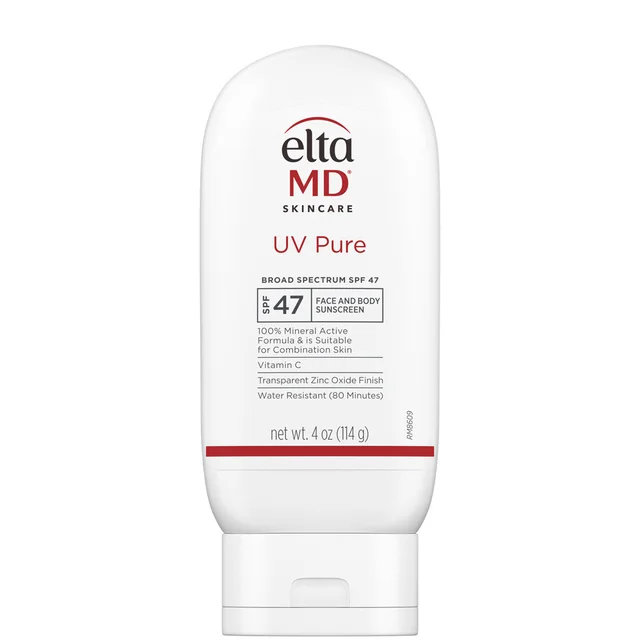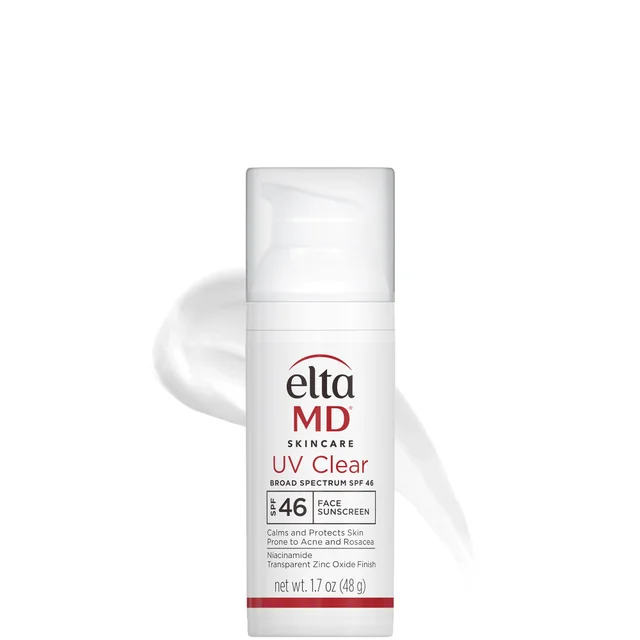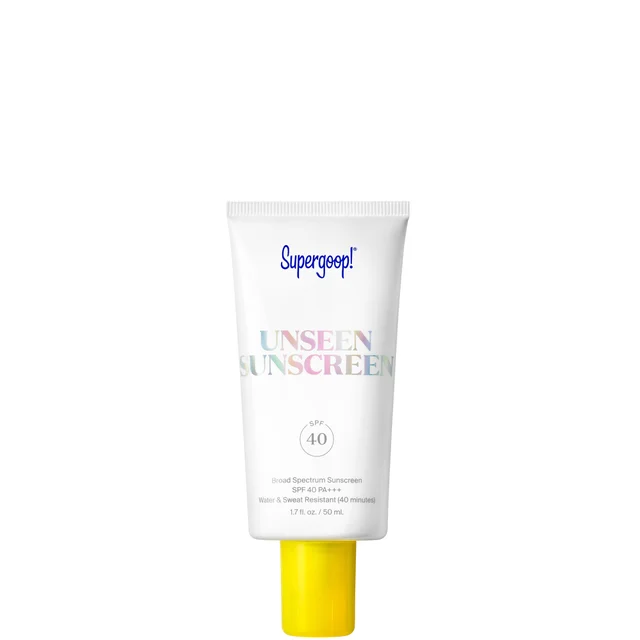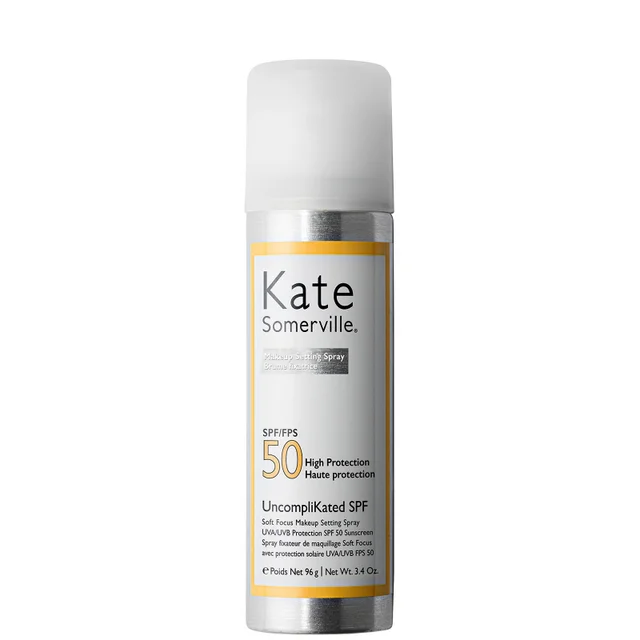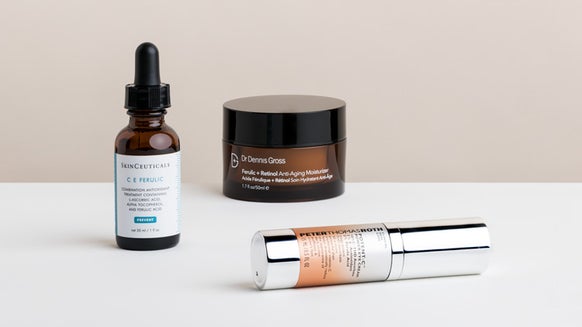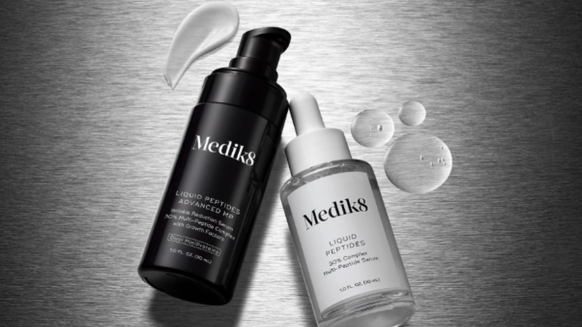SPF Dos and Don’ts

Do use an SPF of at least 30
Do use SPF if you use retinol and/or vitamin C
Do apply at least a spoonful of SPF to your face
Experts recommend applying at least one dessert spoonful of sunscreen, and more if needed. You should be covering your eyes, ears and lips, too, as your whole face requires protection and delicate areas of the face also need some TLC. If you worry about SPF feeling heavy on your face, consider using a lightweight option to give you the necessary level of defense against harmful UV rays.
Don’t use expired SPF
Be sure to check the expiration date and shelf life of your sunscreen. Using expired SPF minimizes your sun protection, but it has the potential to be even more dangerous—it can put you at a greater risk for burns than using no sunscreen at all. It also has the ability to cause acne or other skin irritation. To prevent this from happening, keep track of when you open your SPF products and monitor the expiration date.
Don’t apply SPF just once a day
SPF should be a morning routine staple, but it shouldn’t end there—you should ideally reapply SPF every few hours to maintain optimal protection. This isn’t always ideal for makeup wearers, but there are great SPF options for reapplication that won’t mess up your full face. In this case, opt for a spray or powder SPF to set or maintain your makeup while still offering protection.

From the latest hair and makeup trends to the best solutions for your skin issues, we've got all your beauty concerns covered!
